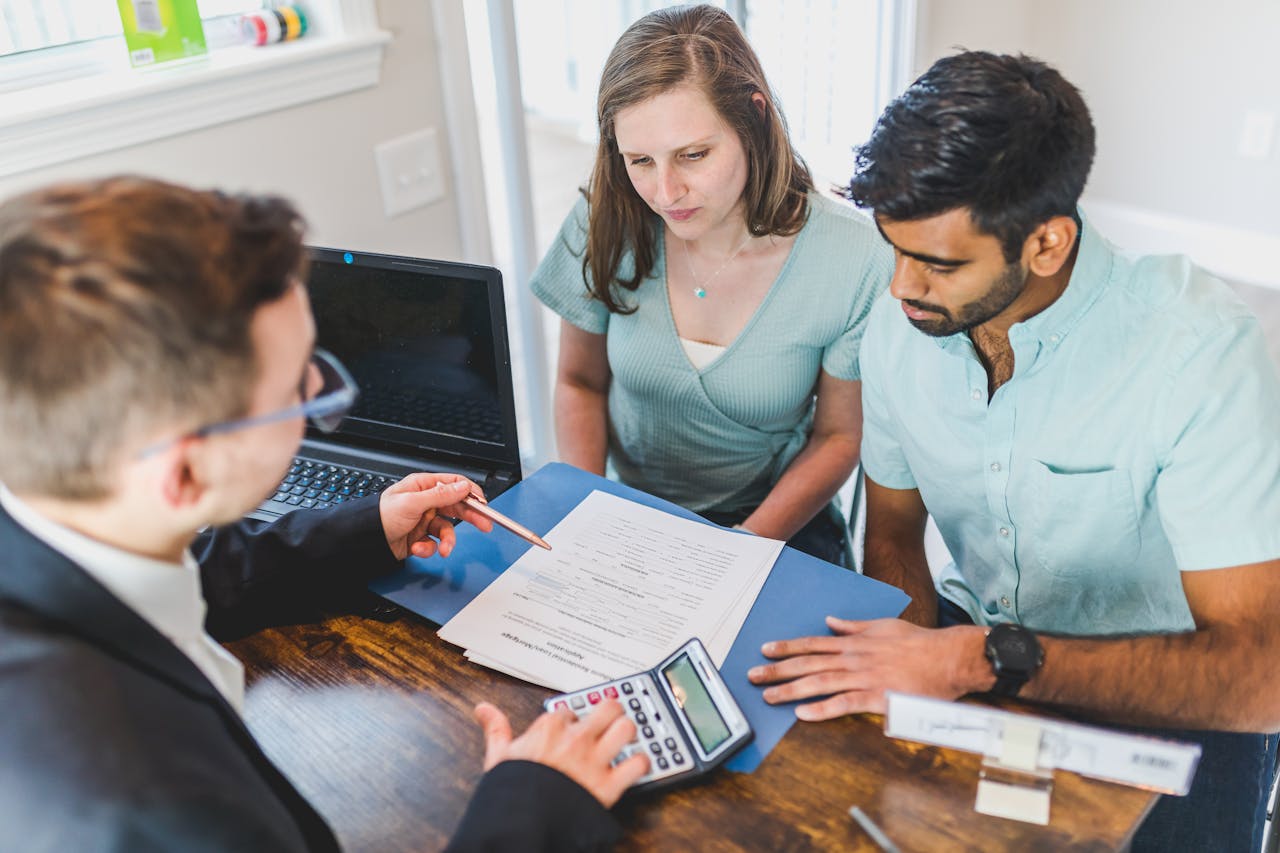Escrow Account: What It Is and Why You Need to Understand It

What are your financial health goals? For some people it’s paying off student loan debt, while for others it’s saving for their children’s futures. While financial health can look different to everyone, there’s one goal that comes up a lot in the SaverLife community: buying a home.
If your financial health goal is to purchase a home, it’s important to understand how the home-buying process works. And one major step you’ll want to know is escrow.
But what exactly is escrow, and how does it affect the home-buying process and your finances? Read on to find the answers.
What Is Escrow?
Escrow is a legal arrangement in which a third party holds something of value on behalf of two other parties who are in the process of completing a transaction.
What Is Escrow in the Home-Buying Process?
An escrow account is like a “safety net” for both the seller and the buyer. When you start the process to buy a home, you will make a “good faith” or “earnest money” deposit into this account. This ensures that the home seller is protected, just in case you back out of the transaction. In other words, the seller gets to keep your deposit. You’ll find that the listing company is often — but not always — the escrow account manager.
When you put money into an escrow account, you’re also protected if the home sale falls through. For example, if a major problem is found during the home inspection, the buyer has the right to take their deposit and walk away. In addition, the seller will usually take the house off the market once the buyer’s money is in escrow.
What Is a Mortgage Escrow?
Once you buy your home, your mortgage company may set up an escrow account to hold funds for your insurance premiums and property taxes. This way, instead of paying a large sum on your homeowners insurance and real estate taxes once a year, you’ll pay them monthly along with the mortgage itself. Then, your mortgage company will use those funds held in escrow to pay your insurance premiums and taxes when they become due.
How Could Escrow Impact Your Finances?
As you consider buying a home, keep in mind that you may need to save up enough money for a “good faith” deposit in the associated escrow account (often between 1-3% of the seller’s asking price). Make sure you’re serious about buying the house before making that deposit since you risk losing your money if you back out.
Once you own your home, a mortgage escrow essentially requires you to pay your insurance premiums and property taxes throughout the year, lumping them into your monthly mortgage payment. Here are a few key things to keep in mind about a mortgage escrow:
- While your monthly payments will be higher, you shouldn’t have a high insurance or tax bill at the end of the year.
- The amount of your monthly payment set aside for escrow is an estimate. In other words, it may be too low for the year (in which case you’ll have to make higher payments next year) or too high (in which case you’ll get a refund of the excess funds).
- You may be able to opt out of a mortgage escrow, but you may also need to meet certain conditions to do so.
Know How to Navigate Escrow
In most cases, escrow is a good thing. It protects you and the seller, and it prevents you from facing a hefty bill at year-end after purchasing the home. But whether you love the idea of escrow or hate it, understanding it is crucial for successful homeownership.
Learn more about financial health and homeownership by signing up for SaverLife today.